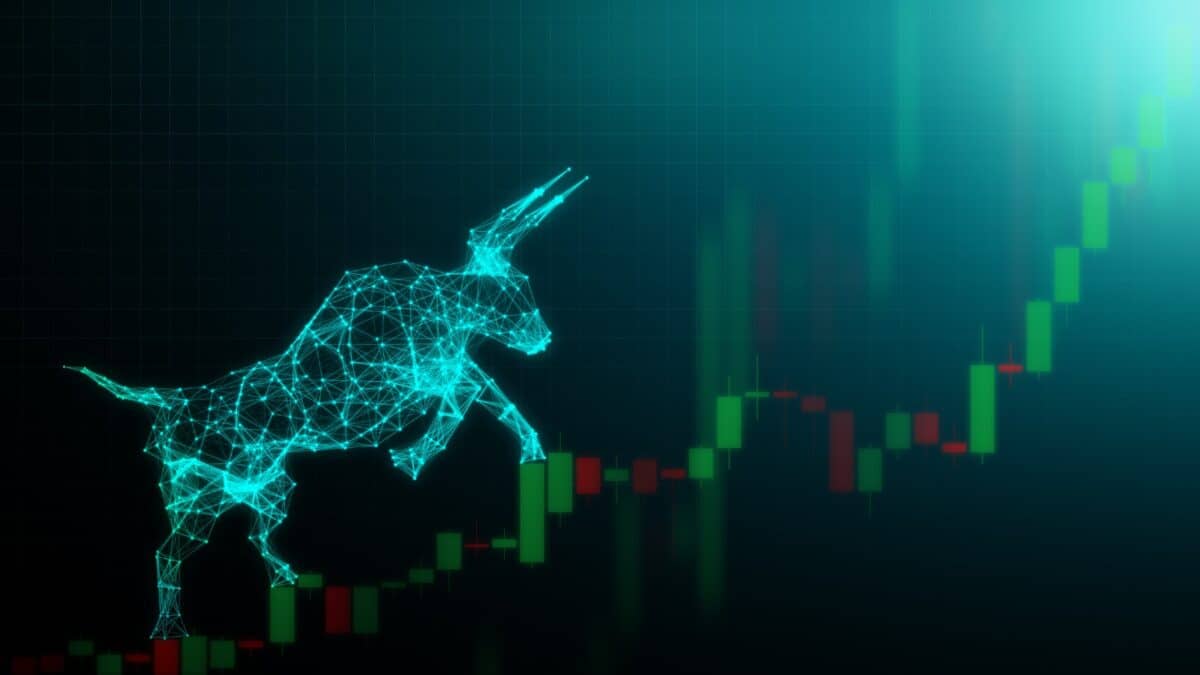The Raspberry Pi (LSE: RPI) share price has had a mixed ride since its IPO. It rose in early conditional dealing but has been down since full trading commenced on 14 June.
Still, with the price at 385p as I write, those able to get in at the 280p offer price have done well.
Valuation
It might be a bit early to try to put a valuation on Raspberry Pi shares, especially as broker forecasts are scarce.
Should you invest £1,000 in Boohoo Group right now?
When investing expert Mark Rogers has a stock tip, it can pay to listen. After all, the flagship Motley Fool Share Advisor newsletter he has run for nearly a decade has provided thousands of paying members with top stock recommendations from the UK and US markets. And right now, Mark thinks there are 6 standout stocks that investors should consider buying. Want to see if Boohoo Group made the list?
But based on last year’s earnings, we see a trailing price-to-earnings (P/E) ratio of around 30.
That would be high for, say, a bank or a supermarket. But for a high-tech growth stock, especially one with AI potential, it could turn out to be dirt cheap.
By contrast, Nvidia is the biggest AI story in town, and it has a forward P/E of about 50. Plenty of investors still think that’s cheap too.
As an aside, going by market cap, Nvidia is currently worth more than 3,000 Raspberry Pis. That’s 3,000 times the company, not the little computers.
Robotics
Talking of those little computers, they’re powerful things that run Linux. And they have a lot of I/O control lines… which just means they can control things in the outside world.
So they can do robotics. And isn’t that one of the hottest things we’re going to use AI for in the coming years?
Did I mention how small they are? Even the biggest model is only a bit over three by two inches. Oh, and they’re cheap — I can find suggested prices starting at only around $35 each for bulk buys.
A self-drive Tesla car? You could probably fit a hundred or so Raspberry Pi computers inside one, without even seeing them. And for very little added to the price.
A realistic scenario? I’ve no idea, but isn’t this the kind of thing that robotics AI investors have in mind?
AI growth
It all comes down to the growth potential for artifical intelligence (AI).
The future size of the market is very much speculative. But data firm Statista reckons it’ll be about $184bn in 2024. And that it could rise close to $830bn by 2030.
Bloomberg, meanwhile, reckons generative AI (which is AI that can generate content and data, like ChatGPT), could see its market grow to $1.3trn by 2032. That’s a compound 42% per year.
What might it mean for Raspberry Pi itself? I have no idea, and I doubt anyone has yet.
But most people see a vast market out there. And if Raspberry Pi grabs even a small slice of it, profits could be big.
Hopes or reality?
That, at least, is the hope. And I think it could produce an exciting Raspberry Pi share price ride in the next few years.
Whether it will happen, and whether it means the shares are good value to buy now… well, that’s where all the uncertainty and risk is. And I don’t have the answer.








